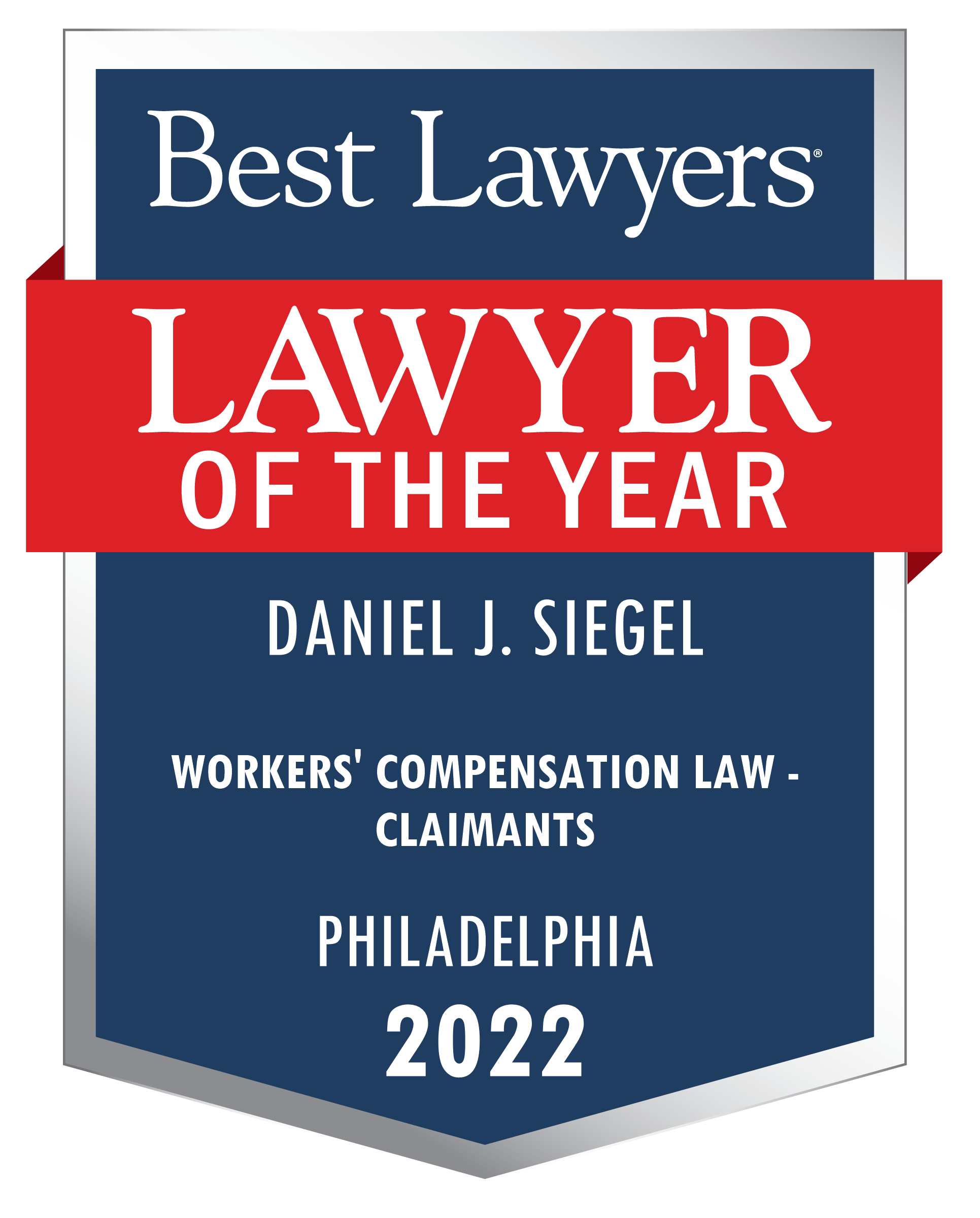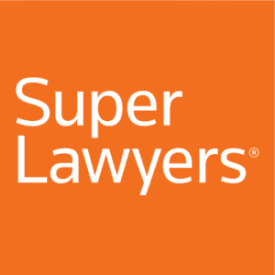Lawyers & Social Media – Adding Flames to Fires
Ah, social media. Facebook, Yelp, you name it, social media is out there, and lawyers are using – and misusing it. Here are some recent examples that highlight the issues confronting us – and why it is best to recognize the problems up front – so you don’t have to hire me to represent you in front of the Disciplinary Board later.
Consider Attorney John Mahoney of Washington, DC, who got into a conflict with a former client, who thought his fees were excessive, and his expenses were unwarranted and unnecessary. The client also was displeased with his representation during mediation.
The client posted comments about the attorney on a website. In his response, Attorney Mahoney revealed specific information about the case, the client’s emotional state, and what transpired during your attorney-client relationship – although he did not identify the client by name. Although the investigation did not support the client’s allegations against the attorney, he nevertheless violated the Rule of Professional Conduct 1.6’s prohibition against revealing client confidences.
In particular, the lawyer included the name of the client’s employer, the dates on which certain events occurred, and other detailed information that could lead back to his former client. He added to his problems by violating Rule 8.4(c) when he “posted a further response on the website concerning Disciplinary Counsel’s investigation of the client’s allegations and Disciplinary Counsel’s statements. Specifically, although Disciplinary Counsel advised you that your postings on the website about the client were inconsistent with your obligations under Rule 1.6, you posted another response on the website stating that Disciplinary Counsel had ‘clear[ed]’ you and quoted a sentence from a letter that omitted information about the Rule 1.6 violations that we found meritorious.” Click here to read the DC Disciplinary Decision.
Or, consider Attorneys John Robertelli and Gabriel Adamo, whose New Jersey Supreme Court case focuses on procedural issues regarding the New Jersey Disciplinary process. With that caveat, the case’s genesis was Facebook. Here’s what happened:
“On March 10, 2007, a police car driven by a sergeant with the Oakland Police Department allegedly struck a pedestrian, Dennis Hernandez. Hernandez claimed that he suffered permanent injuries, and commenced suit against the Borough, the police department, and the sergeant. Plaintiffs, who are attorneys licensed in New Jersey, were employed by the law firm that represented the defendants in the lawsuit. In order to obtain information about Hernandez, plaintiffs directed a paralegal employed by the firm to search the internet. Among other sources, she accessed Hernandez’s Facebook page. Initially, the page was open to the public. At a later point, the privacy settings on the account were changed to limit access to Facebook users who were Hernandez’s “friends.” The [Office of Attorney Ethics (OAE)] contends that plaintiffs directed the paralegal to access and continue to monitor the non-public pages of Hernandez’s Facebook account. She therefore submitted a “friend request” to Hernandez, without revealing that she worked for the law firm representing defendants or that she was investigating him in connection with the lawsuit. Hernandez accepted the friend request, and the paralegal was able to obtain information from the non-public pages of his Facebook account.
“Hernandez learned of the firm’s actions during discovery in the lawsuit, and objected to defendants’ use at trial of the documents that the paralegal obtained from his Facebook page. He also filed a grievance with the District II-B Ethics Committee, asserting that plaintiffs violated the RPCs by contacting him directly through his Facebook page without first contacting his attorney. The Secretary of the District II Ethics Committee, with the consent of a public member, declined to docket the grievance, having concluded that the allegations, if proven, would not constitute unethical conduct. Hernandez’s attorney then contacted the Director of the OAE (Director) and requested that the OAE review the matter and docket it for a full investigation and potential hearing.
“After further investigation, the Director filed a complaint against plaintiffs with the District XIV Ethics Committee. Plaintiffs requested that the Director withdraw the complaint, contending that the OAE was precluded from proceeding after the DEC declined to docket the grievance. The Director refused to withdraw the complaint, and plaintiffs filed a complaint in the Superior Court to enjoin the OAE from pursuing the matter. The trial court dismissed the complaint, holding that the Supreme Court and the ethics bodies that it established have exclusive jurisdiction over attorney disciplinary matters. The Appellate Division affirmed the trial court’s determination in an unpublished decision.”
The New Jersey Supreme Court granted plaintiffs’ petition for certification and held that, consistent with the broad authority that the Rules of Court grant the Director and the important goals of the disciplinary process, the Director has authority to review a grievance after a DEC Secretary has declined to docket the grievance. The OAE may therefore proceed to prosecute plaintiffs’ alleged misconduct.” Click here to read Robertelli v. New Jersey Office of Ethics.
All because of Facebook.
In short, be careful, get guidance, and avoid being too social on social media.







